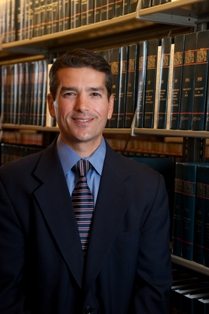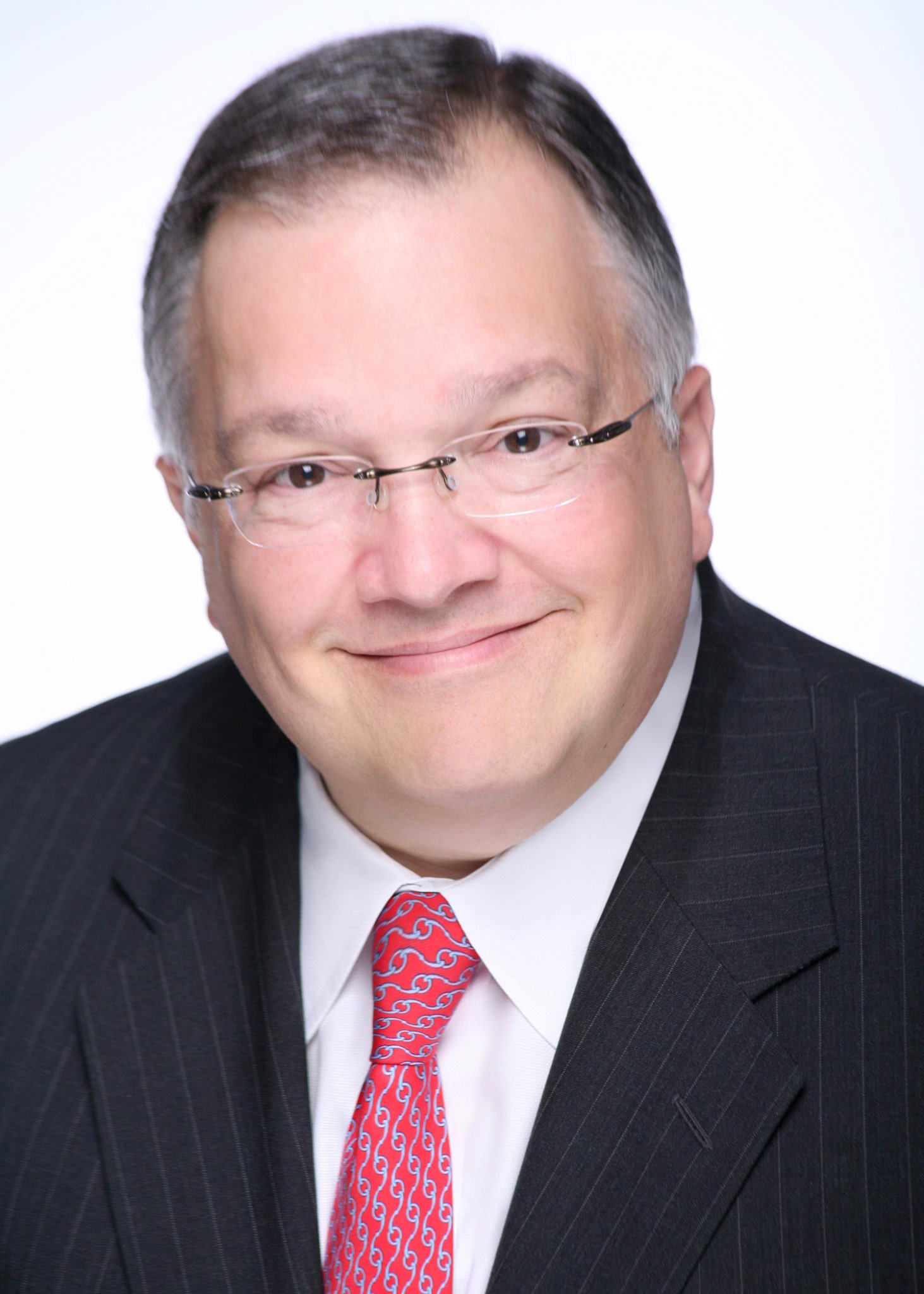Rep. Tom Craddick Wants to Regulate Payday Loans


It’s becoming a perennial pastime at the Texas Capitol. Former speaker of the House Rep. Tom Craddick (R-Midland) files a simple one-page bill that would close a loophole that allows payday and auto-title lenders in Texas to avoid the state’s anti-usury laws and charge unlimited rates; everyone listens politely; and then the bill gets leapfrogged by much more convoluted payday reform legislation.
Yesterday, Craddick plugged this session’s version, House Bill 2019, at the House Committee on Investments and Financial Services.
“What [the bill] does is level the playing field in the payday and auto title loan industry. It does not create any new regulation, it’s just making sure that all lenders … operate under the same standards. The bill would ensure all consumer lenders are subject to the same rates and fees,” Craddick explained. Right now, payday and title lenders operate as “credit service organizations,” a part of the Texas Finance Code originally intended for businesses that repair consumers’ credit. Craddick’s approach would make the payday lenders subject to the same regulations as other consumer lenders.
“The fees are the biggest problem,” said Craddick. Payday and auto title lenders often charge rates of more than 600 percent APR, plunging borrowers into a cycle of debt they are unable to climb out of.
The bill drew support from various members of faith organizations. Advocates for reforming payday loans clearly prefer closing the loophole over legislation moving in the Senate.
Bishop Joe Vasquez, of the Texas Catholic Conference, spoke to the moral obligation of legislators to pass Craddick’s bill.
“Mr. Chairman and members, you face a choice in this committee to endorse predatory lending practices of payday and auto title lenders in Texas or to stand up for poor and vulnerable families in our state,” said Bishop Vasquez.
He was clear that, while the bill does not suggest doing away with fees associated with payday lending, setting a cap on these fees would be much better than the current unregulated system.
Ann Baddour, Senior Policy Analyst for Texas Appleseed, also testified on behalf of the bill.
“I think you have so many churches here and non-profits here concerned about this because people aren’t necessarily complaining to the state,” said Baddour. “Think of yourself, you’re a working family, you barely have enough money to make ends meet. What do you do with your time? Do you complain to someone who can’t help you or do you go to someone who can help you?”
Gail Rowland, a woman from Houston with a full time job, found herself in need of fast money to help pay for medical expenses. She turned to a local payday lender, and, since taking the loan, has paid more than twice her original loan back.
“Am I responsible for the decision I made? Absolutely. Do I owe the money? Yes, I do, and I want to repay that,” said Rowland. “We make bad decisions. The payday lenders help us make bad decisions. They make it extremely easy, they make it extremely fast … And I think when we have a financial need, we are looking for that. We’re desperate.”
She continued: “There’s been a lot of talk about people continuing on that path. I can assure you, this will be my last [loan] … I don’t plan to be in a situation, but these have been hard times for Texans.”
As Rowland quietly took her seat, committee members and those sitting in the room together applauded her.

